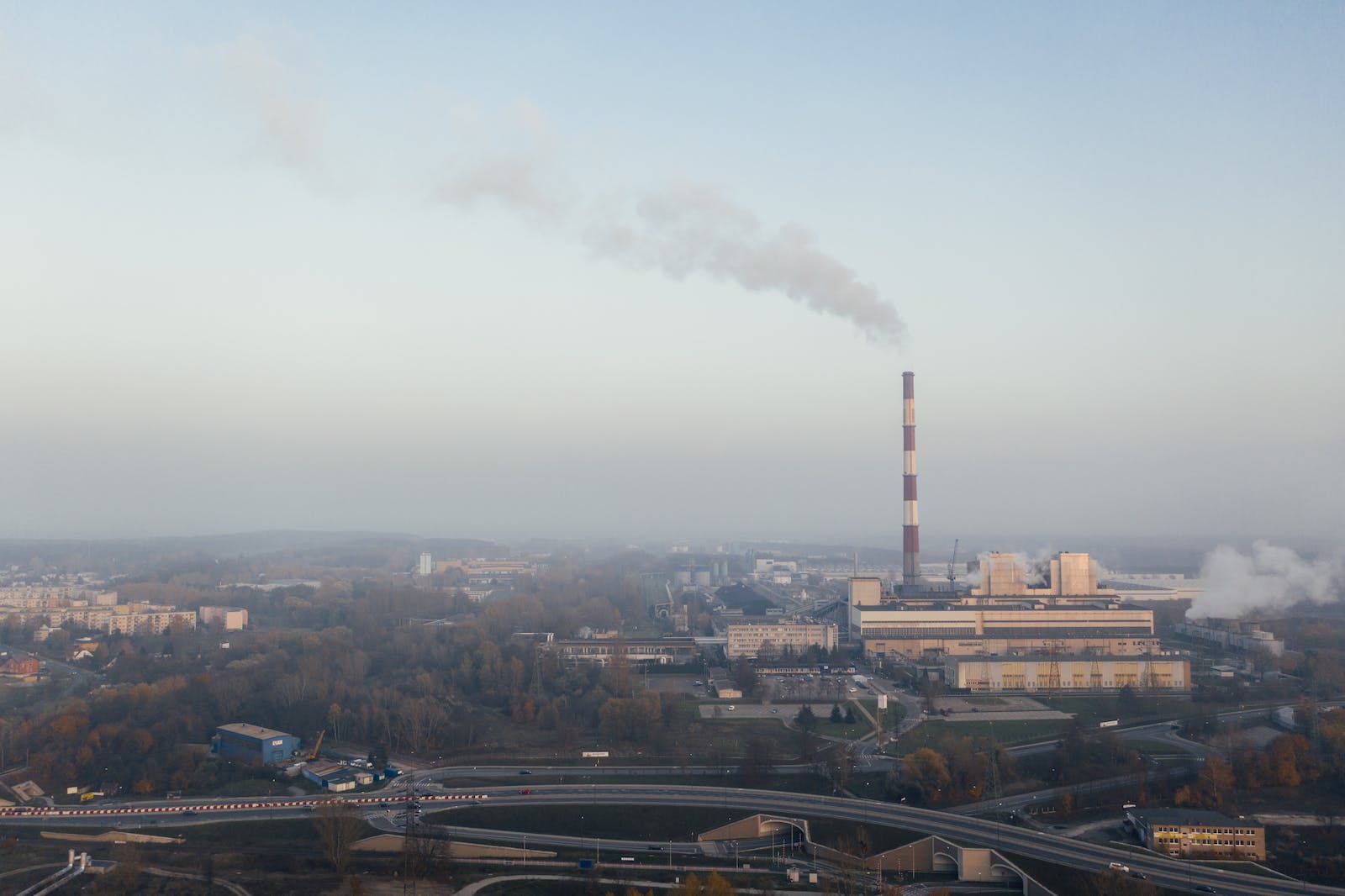The Pros and Cons of Fossil Fuels
Exploring the Benefits and Drawbacks of Fossil Fuels
Fossil fuels have been the primary source of energy for centuries. They have powered industries, transportation, and households, contributing to economic growth and technological advancements. However, the use of fossil fuels comes with environmental and economic consequences. In this article, we will explore the advantages and disadvantages of fossil fuels, shedding light on their impact on the environment, economy, and society.
Fossil fuels, including coal, oil, and natural gas, have shaped the modern world, providing the energy that fuels development and progress. Despite their crucial role in driving human civilization, fossil fuels have inherent drawbacks that cannot be overlooked. Understanding the pros and cons of fossil fuels is essential in shaping sustainable energy policies and transitioning towards cleaner alternatives.
Pros
While fossil fuels have long been the cornerstone of global energy production, they offer several advantages that have contributed to their widespread use. From high energy density to reliability, fossil fuels have powered industrialization and technological advancements, spurring economic growth. Exploring the benefits of fossil fuels sheds light on their enduring appeal despite growing environmental concerns.
Reliable Energy Supply
Fossil fuels provide a consistent and reliable energy supply, meeting the demands of modern societies. Unlike some renewable energy sources that are intermittent, such as solar and wind, fossil fuels can deliver power around the clock, ensuring stable energy availability for industrial processes, transportation, and domestic use.
Infrastructure Compatibility
The existing infrastructure for extracting, processing, and distributing fossil fuels is well-established and widespread. This means that transitioning to alternative energy sources would require significant investments in new infrastructure, making the current reliance on fossil fuels a more practical choice in the short term.
Affordability and Accessibility
Fossil fuels have historically been cost-effective and readily available, making them accessible to a wide range of consumers. This affordability has enabled widespread energy consumption, powering economic activities and improving living standards in many parts of the world.
Technological Innovation
The use of fossil fuels has driven technological innovation in various industries, leading to advancements in transportation, manufacturing, and infrastructure. These innovations have contributed to improved efficiency and productivity, making fossil fuels a significant driver of economic growth and progress.
Energy Storage and Portability
Fossil fuels offer the advantage of energy storage and portability, allowing for convenient transportation and distribution. This characteristic makes them particularly suitable for applications where intermittent or remote power generation is required, such as in aviation, shipping, and remote industrial processes.
Energy-Dense Power Source
One of the primary advantages of fossil fuels is their high energy density. When compared to alternative energy sources, such as wind or solar power, fossil fuels can generate large amounts of energy in a relatively small volume. This characteristic makes them highly efficient for powering vehicles, industries, and electrical grids.
Economic Development and Employment
Fossil fuel industries have been instrumental in driving economic development and creating job opportunities in regions with significant reserves of coal, oil, and natural gas. These industries have formed the backbone of many economies, providing employment and generating revenue that supports various sectors.
Missing a pro?
Let us know which pro you are missing!
Cons
Despite their pivotal role in satisfying global energy demands, fossil fuels are accompanied by significant disadvantages that have environmental, social, and economic ramifications. From air pollution to climate change, the drawbacks of fossil fuel usage underscore the urgency of transitioning towards sustainable and cleaner energy alternatives.
Environmental Pollution and Degradation
The combustion of fossil fuels releases a variety of pollutants, including carbon dioxide, sulfur oxides, and nitrogen oxides, into the atmosphere. These emissions contribute to air pollution, smog formation, acid rain, and have been linked to adverse health effects and ecological damage, posing a grave threat to environmental sustainability.
Resource Depletion and Energy Security
Fossil fuels are finite resources, and their extraction and utilization raise concerns about energy security and resource depletion. As global demand continues to escalate, the finite nature of fossil fuel reserves raises questions about future energy availability and the geopolitical implications of reliance on a dwindling resource.
Health Impacts and Public Wellbeing
Exposure to pollutants from fossil fuel combustion has significant implications for public health, contributing to respiratory diseases, cardiovascular ailments, and other health issues. Vulnerable populations, including children, the elderly, and those with pre-existing health conditions, are particularly at risk from the adverse effects of fossil fuel emissions.
Geopolitical Instability
Reliance on fossil fuels can lead to geopolitical instability as nations compete for access to limited oil and gas reserves. This competition can exacerbate regional conflicts and geopolitical tensions, affecting global security and stability.
Contribution to Climate Change
Fossil fuel usage is a major contributor to anthropogenic climate change. The release of greenhouse gases, particularly carbon dioxide, from burning fossil fuels amplifies the greenhouse effect, leading to global warming, sea level rise, extreme weather events, and disruptions to ecosystems, with far-reaching implications for the planet's climate system.
Economic Vulnerability and Price Volatility
The global economy is susceptible to the volatility of fossil fuel prices, which can fluctuate due to geopolitical tensions, market speculation, and supply-demand dynamics. Dependence on fossil fuels exposes economies to price shocks and uncertainties, affecting industries, transportation, and household budgets.
Carbon Intensive Extraction
The extraction and processing of fossil fuels, particularly unconventional sources like oil sands, can be carbon-intensive and environmentally damaging. This contributes to increased carbon emissions and exacerbates climate change, offsetting any potential advantages of the energy source.
Missing a con?
Let us know which con you are missing!
Conclusion
The debate surrounding the use of fossil fuels encompasses complex considerations related to energy security, environmental sustainability, public health, and economic stability. While the advantages of fossil fuels in meeting energy demands and fueling economic growth are evident, the disadvantages, particularly their contribution to environmental degradation and climate change, necessitate a concerted shift towards cleaner and renewable energy sources. Balancing the benefits and drawbacks of fossil fuels is critical in shaping energy policies and fostering sustainable development.
What do you think?
Do you think the pros outweigh the cons?










